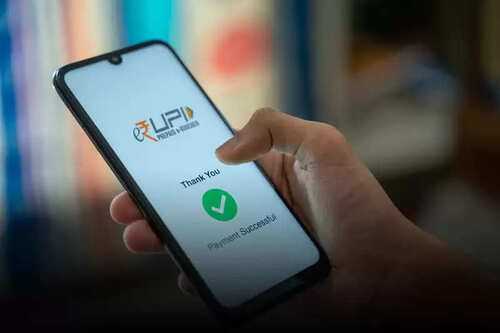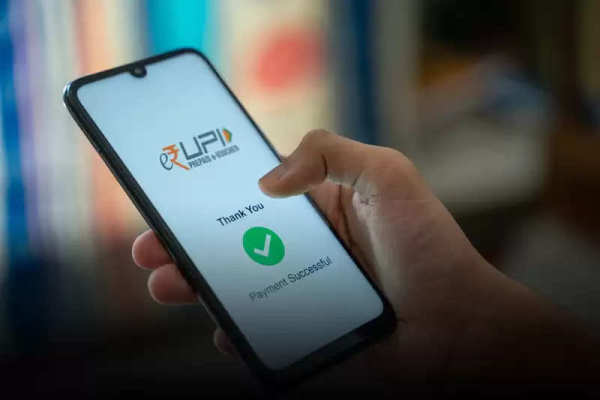

In this era of digital banking, bank related work has become very easy today. Especially when you have to send or receive money from someone, this work is done in a moment through UPI (UPI Wrong Transaction).
While the facility of digital transaction has made the work of people easier, many times due to this, one has to face difficulties. Many times money gets transferred to another account due to mistake. Due to lack of information, people suffer losses in such cases. But let us tell you that with some easy tips you can get your money back. Let's know how?
It is important to check messages and emails -
When you transfer money to someone, you get a message and email about the money being deducted from your account. After transferring money, you must check the message and email. This lets you know immediately whether the money has gone to the right account or has been transferred to the wrong account (wrong transaction). If your money has gone to the wrong account, then without delay, inform your bank about it.
For this, you can call the customer care of the bank. In such a case, the bank can ask you for all the information about this on email. Attach all the proofs in the email and give all the important information like transaction number, amount, from which account the money was deducted, to which account the money went by mistake, date and time of the transaction etc.
Does the money come back even without doing anything?
Many a times it happens that the IFSC number is entered wrongly or the bank account that you enter does not exist. In such cases also money can be deducted from your account. However, many a times if money is deducted from the account, the amount comes back automatically. If the money does not come back automatically, then go to your bank branch (Bank Branch News) and complain to the manager. If the matter is of the same branch, then the money will come back quickly.
Go directly to the bank branch and complain -
If the bank account in which the money has been transferred by mistake belongs to another bank or branch, then it may take a long time for the money to come back. In such cases, you may have to wait for 2 months to get the money refunded. When you complain to your bank (Bank News), you will get information about it. The most important thing here is that the bank branch that has processed the transaction (transfer money to the wrong account). You should contact that bank branch directly. That bank branch will contact the person in whose account the money has been transferred by mistake and will ask for consent to return the money.
In this situation, the bank will not be accountable -
If the person in whose account the money has been transferred by mistake refuses to return the money, then in such a situation, the matter can get complicated. If this happens, then you may have to knock on the doors of the court (court News). In such a situation, you may need to initiate legal action by sending a notice from the court. According to the rules of the Reserve Bank of India (RBI), banks are not to be blamed for this. When you transfer money online, you fill in all the details yourself, and due to this, all the responsibility is also yours.
Must know this rule of RBI -
RBI has found a solution for such a situation. When you make an online payment or send money to someone, it is very important to ask in the message received after the money is deducted from the account whether you have mistakenly transferred the money to another account (how to recover money transferred to the wrong account). It is also important to give a number or email in that message (SMS). Suppose the money has been transferred by mistake or has gone to the wrong account. Then, immediately complain on that number or email. This is the easiest way to get back the money deducted by mistake. In this process, it may take a long time for you to get the money back.
Disclaimer: This content has been sourced and edited from Hr Breaking. While we have made modifications for clarity and presentation, the original content belongs to its respective authors and website. We do not claim ownership of the content.